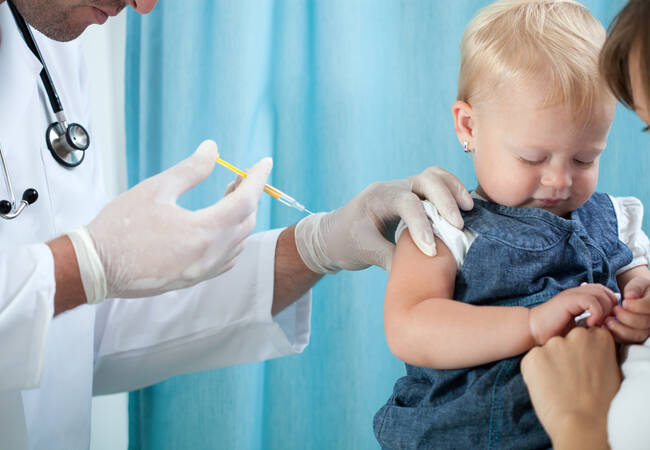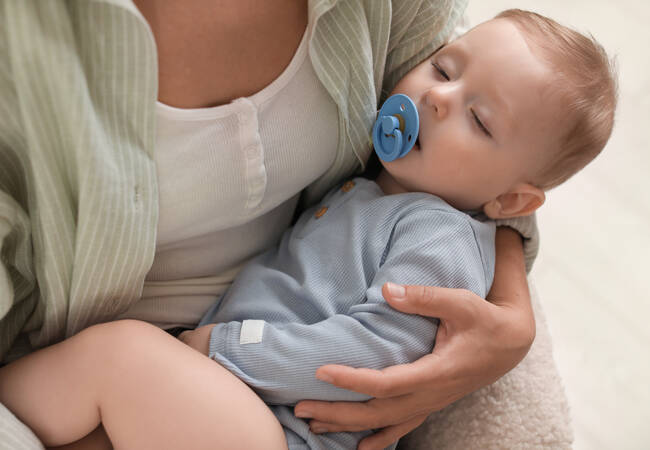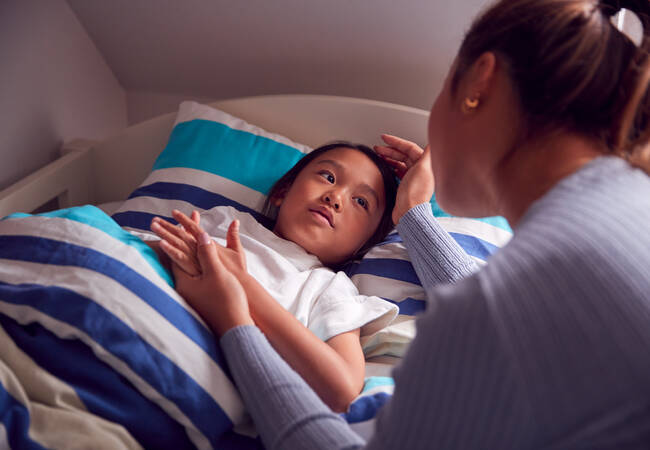- What is a concussion? A concussion is a mild traumatic brain injury caused by a significant force to or around the head, leading to temporary changes in brain function.
- Common symptoms: Include headache, dizziness, feeling "off" or not right, nausea, vision changes, difficulty concentrating, mood changes, fatigue, sensitivity to light/noise, and balance problems.
- Behavioral changes: Children may show irritability, confusion, slowed responses, or changes in personality after a concussion.
- Second impact syndrome: A rare but severe condition occurring when a second concussion happens before the first has fully healed, causing massive brain dysregulation and potentially life-threatening consequences.
- Management recommendations: If concussion is suspected, stop the child from doing risky activities but don't isolate them excessively; seek evaluation from healthcare providers and follow a gradual return-to-play protocol.
- Diagnosis: Made through history, physical examination, and sometimes specialized tests like vision and balance assessments; imaging is generally not needed unless more serious injury is suspected.
- Young children: May not verbalize symptoms; caregivers should watch for unusual behavior, difficulty waking, seizures, or persistent crying after a head injury.
What to Know About Concussions
How much do you know about concussions? Learn more about the symptoms and treatment.

Keith Loud, MD, MSc, Pediatrics


